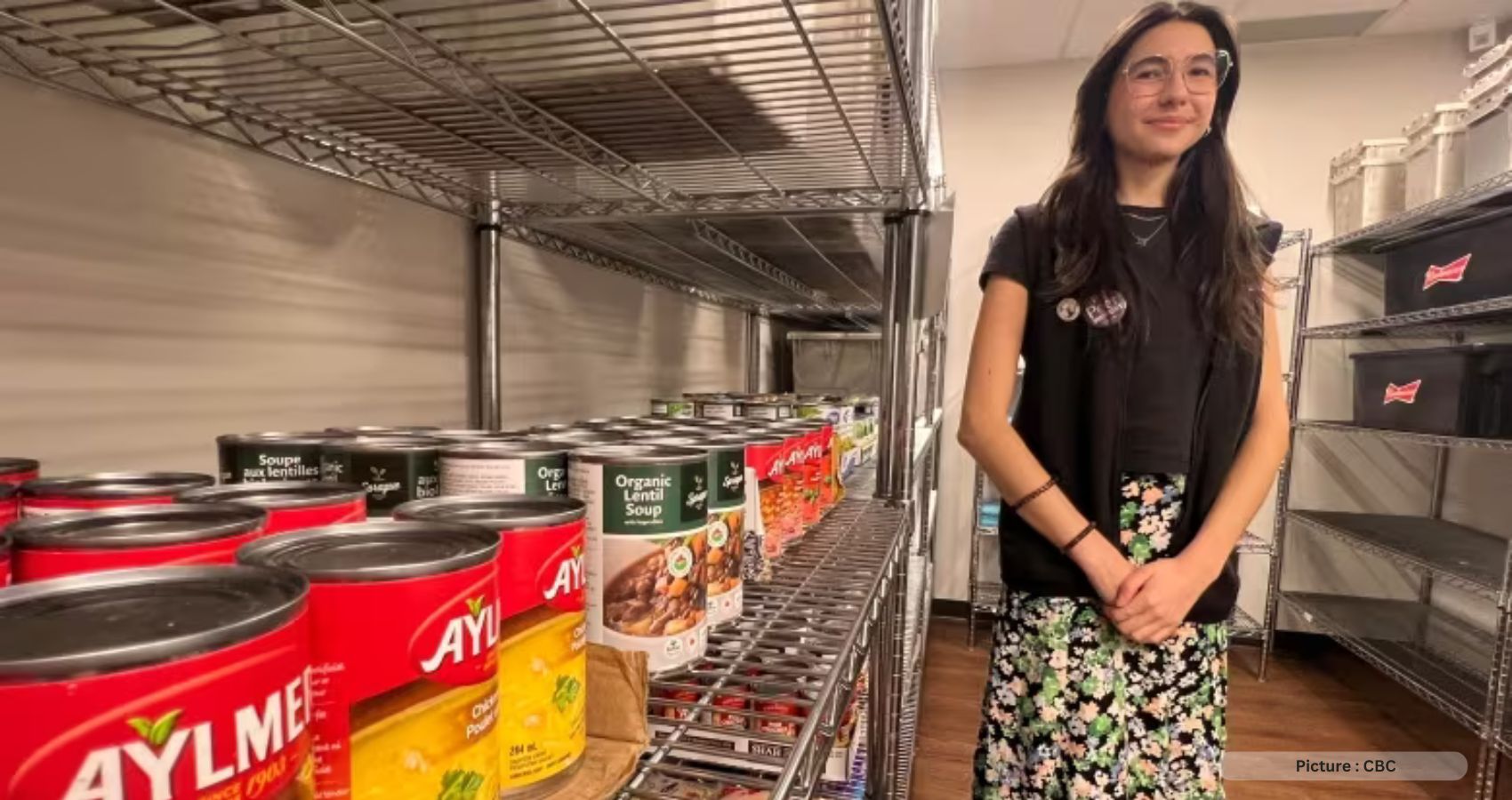In London, Ontario, a surge in visits to the local food bank, particularly by international students, has been fueled by a misunderstanding of how Canadian food banks operate, compounded by misleading information circulating on social media. Glen Pearson, co-executive director of the London Food Bank, reported a 43% increase in visits at the beginning of the school year, with a noticeable rise in requests from post-secondary students, many of whom were international students from Fanshawe College.
According to Pearson, the surge in demand was exacerbated by social media posts, including a YouTube video in Malayalam, a language spoken in southern India. The video suggested that Canadian food banks could provide a regular supply of free food, contrary to their intended purpose as emergency resources. Pearson expressed concern about the sudden increase, stating, “It caused some concern as to whether or not we would have enough supply.”
This situation is not unique to London. A food bank in Brampton had to close its doors to international students due to overwhelming demand that the food bank couldn’t meet. The London Food Bank’s experience prompted a response from Fanshawe College administration, leading to an email sent to all students to clarify the proper role of food banks. Once informed, students were apologetic for the misunderstanding.
John Riddell of the Fanshawe Student Union acknowledged the need to counter misinformation circulating among students. He clarified that while there might be a misunderstanding about the purpose of food bank resources, there is a significant number of students in legitimate need of support. Fanshawe College operates a food bank for students called The Sharing Shop, providing grocery gift cards to students in need a few times a year. Referrals can be obtained from campus learning advisers.
Similarly, Western’s University Students’ Council (USC) manages a food bank that offers food hampers to students demonstrating need through an online request form. Bianca Gouveia, vice-president of student services at USC, highlighted the high demand for their services, with nearly 600 hamper requests this year. The USC transitioned from in-person visits to an online request form in September to better handle the increasing number of requests.
Gouveia acknowledged the financial challenges faced by students, stating, “Students are feeling pressure on all fronts for the cost of living.” The surge in food bank usage among students reflects the broader struggles many Canadians, including students, face due to rising costs of essentials such as housing and food.
A combination of rising living costs and misinformation, particularly on social media, has led to a significant increase in international students seeking assistance from food banks in London and other parts of Canada. Efforts by college administrations and student unions to clarify the purpose of food banks have been essential in addressing the issue. While dispelling misinformation, it remains crucial to recognize and address the legitimate needs of students facing financial challenges in Canada.











